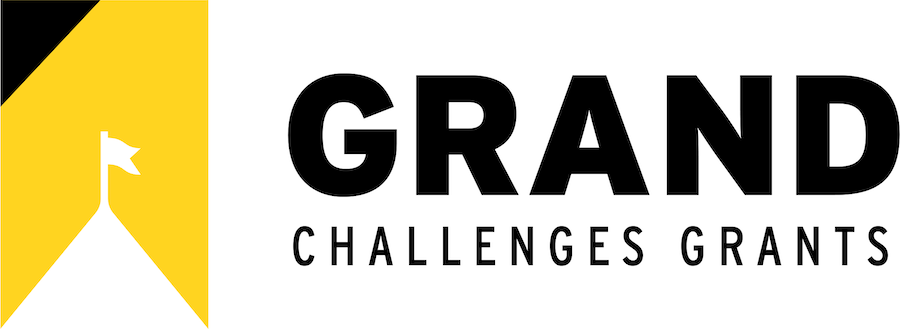News
UMD MIDA Researchers Play Major Role at ASSETS 2024 Conference
UMD faculty and students provide leadership and research insights at international technology accessibility research conference in Canada.
Journalists visit UMD to learn about our AI initiatives
Thank you to guest journalists Fisayo Fosudo and Dashveenjit Kaur for visiting our University of Maryland facilities and learning more about our AI initiatives! Always great to coordinate with U.S. Department of State’s Foreign Press Center to help our research reach all corners of the globe! The journalists toured the SMART Lab, RAAS Lab and…
MIDA Is Helping Lead the World Towards Born-Accessible Design
Disability rights advocates often call for digital technologies and content to be built using a born-accessible approach. The born-accessible approach involves building accessibility into digital technologies and content from the beginning, meaning that only technologies that are accessible are released to users. This should lead to lower costs and eliminate the delay in access when…
A New Way to Make Digital Technology Accessible to All
A Grand Challenges Q&A with Gulnoza Yakubova: Associate professor in the College of Education, Gulnoza Yakubova is a co-principal investigator of MIDA. She explains how digital accessibility can increase equity for people with disabilities and also improve technology experiences for all people.
An Ally for Access
Palm-sized Robot Navigates Touchscreens for Visually Impaired Users. Having to tap-tap-tap away to order a sandwich or check bags at a touchscreen kiosk can be annoying. For those who are blind or visually impaired, it can be excruciating…
Recent study finds people with dementia use changing information behaviors when seeking health information
INFO Assistant Professor Amanda Lazar and a team of researchers studied how people with dementia search for health information after diagnosis. In a study published last year, College of Information Studies (INFO) assistant professor and member of the Human-Computer Interaction Lab (HCIL) Amanda Lazar, along with a team of researchers, explored how people with dementia search for…




